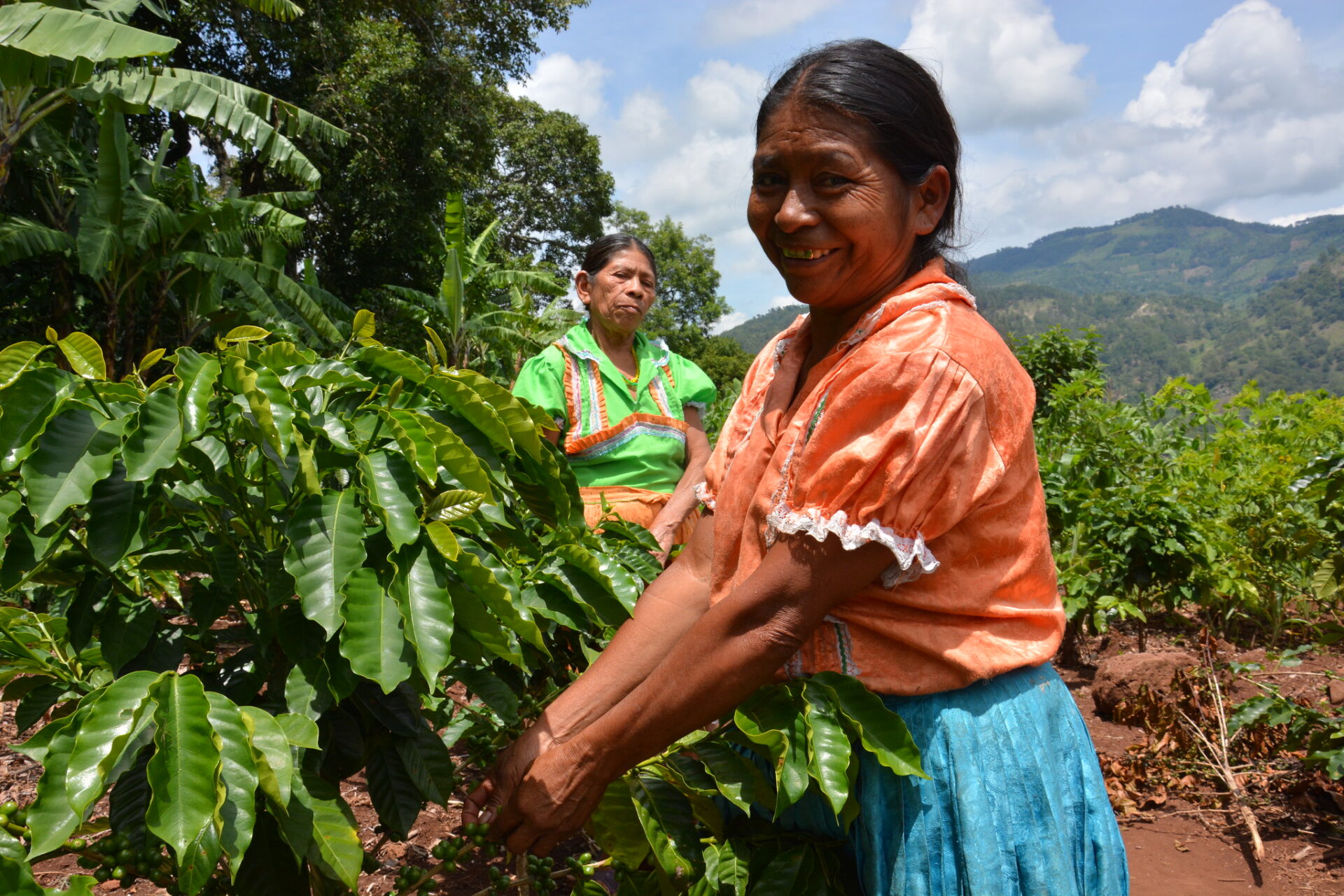In recent years, the effects of weather and climate phenomena in Latin America and the Caribbean have rippled across the region—from the Andes to Patagonia, from cities to coastal towns—causing deep socio-economic and environmental disruptions. According to the latest report by the World Meteorological Organization, in 2024, the average temperature in Latin America and the Caribbean was 0.90°C above the 1991–2020 average. Last year, wildfires in the Amazon and Pantanal regions, as well as in Chile, Mexico, and Belize, were intensified by drought and extreme heatwaves, breaking records in many countries in the region.
The climate crisis disproportionately affects women. Climate change and natural disasters have severe impacts on women and girls from poor rural households, as they rely heavily on natural resources for food, water, and fuel to secure their livelihoods. According to the publication Feminist Climate Justice: A Framework for Action by UN Women, the worst-case global climate scenario could, by 2050, result in 158 million more women and girls living in poverty and an additional 236 million facing food insecurity. In certain situations, gender disparities in access to, control over, and ownership of land and natural resources make women more dependent on local access to nature and more vulnerable to environmental degradation.
It is essential to recognize that women are not only victims of these crises but also key agents of change. Women in Latin America and the Caribbean act as guardians of biodiversity and possess unique, valuable knowledge and worldviews that can offer efficient and sustainable solutions to climate change. In the region, the contributions of women—especially Indigenous, rural, and Afro-descendant women—are vital to environmental solutions, biodiversity conservation, the sustainable use and management of natural resources, and disaster risk management with a gender perspective.
According to the recently published Regional Gender Equality Profile by UN Women, our region ranks first in the world for the murder of people who work to protect nature. In 2022, 88% of land and environmental defenders killed were from Latin America and the Caribbean. In 2023, at least 300 human rights and environmental defenders were murdered—an attempt to silence their peaceful and essential advocacy for human rights. Of these, 49 were women. A staggering 79.3% of documented killings occurred in the Americas (Front Line Defenders, Global Analysis, 2024–2025). Additionally, women human rights defenders face specific threats, such as criminalization, intimidation, sexual violence, and threats to their families’ safety.
Latin America holds 57% of the world’s primary forests—those most critical in terms of biodiversity, conservation, and climate. This makes the region key to global preservation, adaptation, and mitigation strategies. Therefore, the region’s voice is vital in moving toward a new development model that places people, the sustainability of life, and the planet at its core.
At UN Women, we have supported over 50 regional coordination meetings of environmental human rights defenders, building on our experience supporting the advocacy, agency, and protection of women human rights defenders in Colombia and Brazil. This has included their participation in negotiations and the drafting of statements to present their challenges, needs, and contributions to environmental ministries across the region and to the United Nations system. These efforts help recognize women’s diverse roles and participation in environmental issues and strengthen legal frameworks. We highlight the importance of the Escazú Agreement on Access to Information, Public Participation, and Access to Justice in Environmental Matters in Latin America and the Caribbean. It is the first regional environmental treaty—and the first in the world—to contain specific provisions on environmental human rights defenders, and it plays a crucial role in advancing climate governance in the region.
In Brazil, in Maranhão and Pará, we implemented the project “Human Rights of Indigenous and Quilombola Women,” which led to the inclusion of specific goals for these groups in state plans and policies for the first time. In Ecuador, we carried out the program “Integrating a Gender Perspective into the PROAmazonía Program,” in which women from 11 Indigenous nationalities of the Ecuadorian Amazon undertook the challenge of strengthening their knowledge on gender, women’s human and collective rights, climate change, organization, land, sustainable development, and financial literacy. In Chile, we led a cooperation project on risk management centered on the participation of Indigenous women in developing a risk diagnosis of the extreme effects of climate change through local dialogues—ensuring that those most impacted by climate and socio-natural disasters actively shape strategies and public policies.
Looking ahead to the 2025 United Nations Climate Change Conference (COP30), which will take place in November 2025 in Belém, Brazil, this reality demands a firm and urgent response from the international community, the private sector, governments, and civil society. Women can no longer remain victims of climate injustice. It is imperative to involve Indigenous, rural, and Afro-descendant women in all planning and public policy development processes, taking into account the gender roles within their communities.
The 30th anniversary of the Beijing Platform for Action in 2025 represents a unique opportunity to include strategic objectives and measures to ensure women’s active participation in environmental decision-making at all levels; to integrate gender experiences, concerns, and perspectives into sustainable development policies and programs; and to strengthen or establish mechanisms at regional, national, and international levels to assess the impacts of development and environmental policies on women and girls.
Women in Latin America and the Caribbean have a powerful voice to contribute. Together, each of us in our respective roles must strengthen our commitment to women, recognizing the growing need to direct actions toward their full integration into the benefits of sustainable development.
This article is part of a collaboration between the Organization of Ibero-American States for Education, Science and Culture (OEI) and Latinoamérica21 to promote the platform “Voices of Ibero-American Women.” Learn more and join the platform here.
*Machine translation proofread by Janaína da Silva












